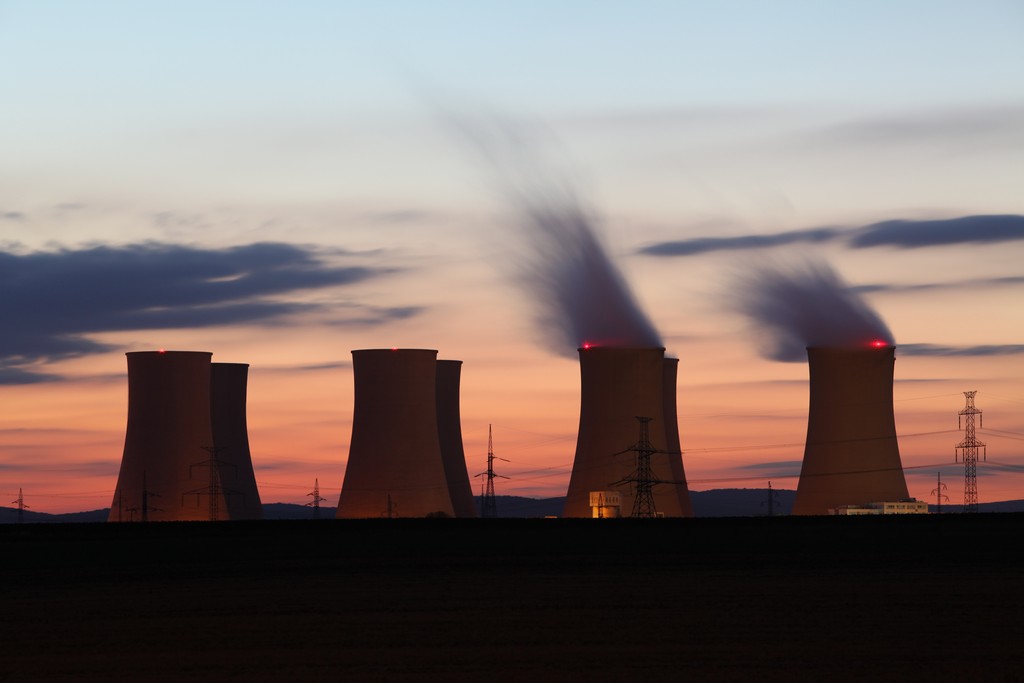House approves bill establishing legal protections for new nuclear projects
- November 24, 2023
- 0

The House of Representatives has approved House Bill 9293, which focuses on creating guidelines for the safe utilization of nuclear energy and radiation sources in the country.
This marks a significant step in establishing the legal parameters of the government’s venture to develop a national nuclear infrastructure.
According to a report by Philippine Star, House Bill 9293 establishes the Philippine Atomic Energy Regulatory Authority (PhilATOM) responsible for formulating national policies and regulations for nuclear energy projects.
The legislation grants PhilATOM the authority to authorize nuclear and radiation facilities and other designated functions as directed by the president.
House Speaker Martin Romualdez praised the bill’s passage as a crucial stride toward achieving energy security as a priority for the administration.
However, some lawmakers, like Rep. Raoul Manuel from the Kabataan Partylist, opposed the bill, asserting that the shift toward nuclear energy lacks expert-led assessments and evidence of its suitability for a country like the Philippines.
Citing concerns over safety and cost, Manuel emphasized the declining global trend in nuclear power, contrasting it with the decreasing solar energy costs. He pointed out that solar energy has become more affordable than nuclear energy.
The recent signing of the 123 Agreement between the Philippines and the United States aims to facilitate civil nuclear cooperation by permitting the transfer of nuclear material, equipment, and information for peaceful purposes.